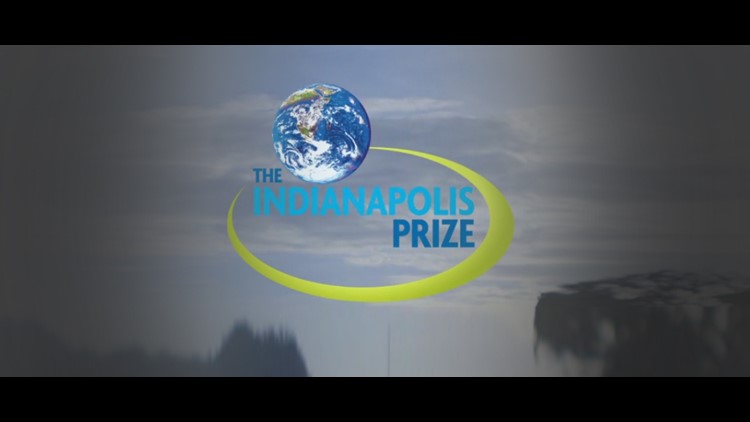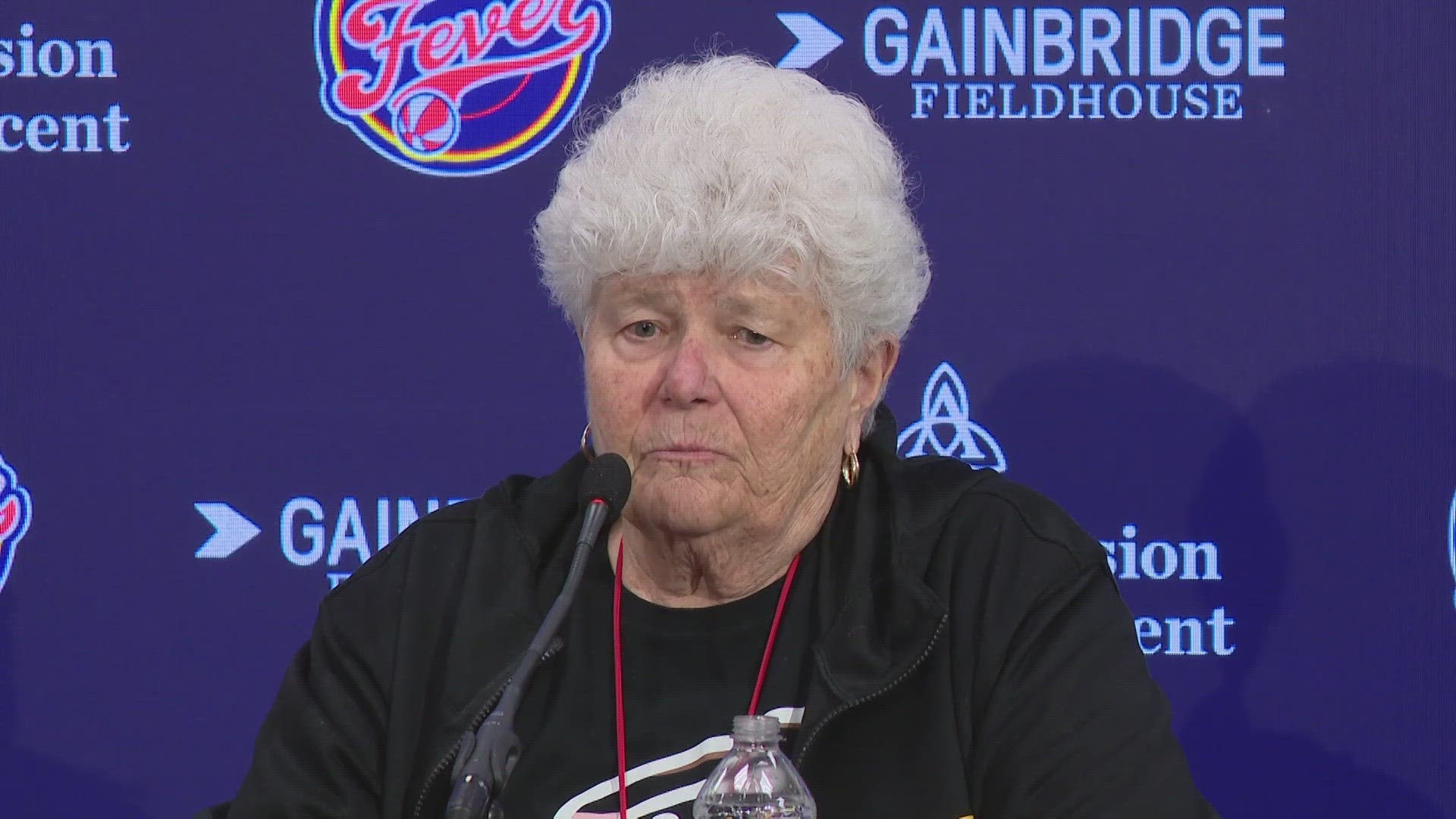INDIANAPOLIS (WTHR) — Thirty two nominees have been announced for the 2018 Indianapolis Prize animal conservation award.
Six finalists will be selected from the group.
The finalists will all be honored at the Indianapolis Prize Gala presented by Cummins Inc. on Sept. 29, 2018. Five finalists will be awarded $10,000 and the 2018 Indianapolis Prize winner will receive a $250,000 award.
"The Indianapolis Prize elevates today’s leading conservationists by providing well-deserved recognition. This year's nominees have dedicated themselves to saving critically endangered species, putting science into action, transforming the improbable into the possible, and inspiring each and all of us to help save animals from extinction," said Dan Ashe, president and CEO of the Association of Zoos and Aquariums.
In alphabetical order, the Nominees for the 2018 Indianapolis Prize are:

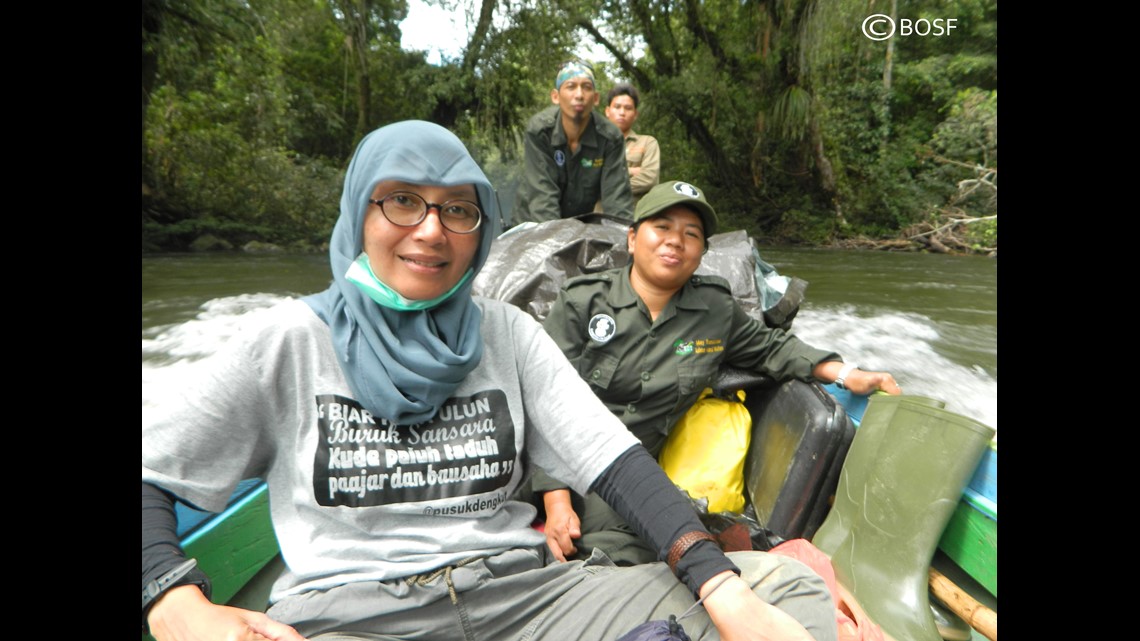
Sri Suci Utami Atmoko, Ph.D. (National University) — Naturalist with a profound understanding of orangutans, having studied reproduction, population and conservation of the species for nearly 30 years. With field work, film advising and ecological monitoring expertise, she is recognized as one of the most cited Indonesian orangutan researchers and a major influencer for orangutan and forest conservation policy changes.

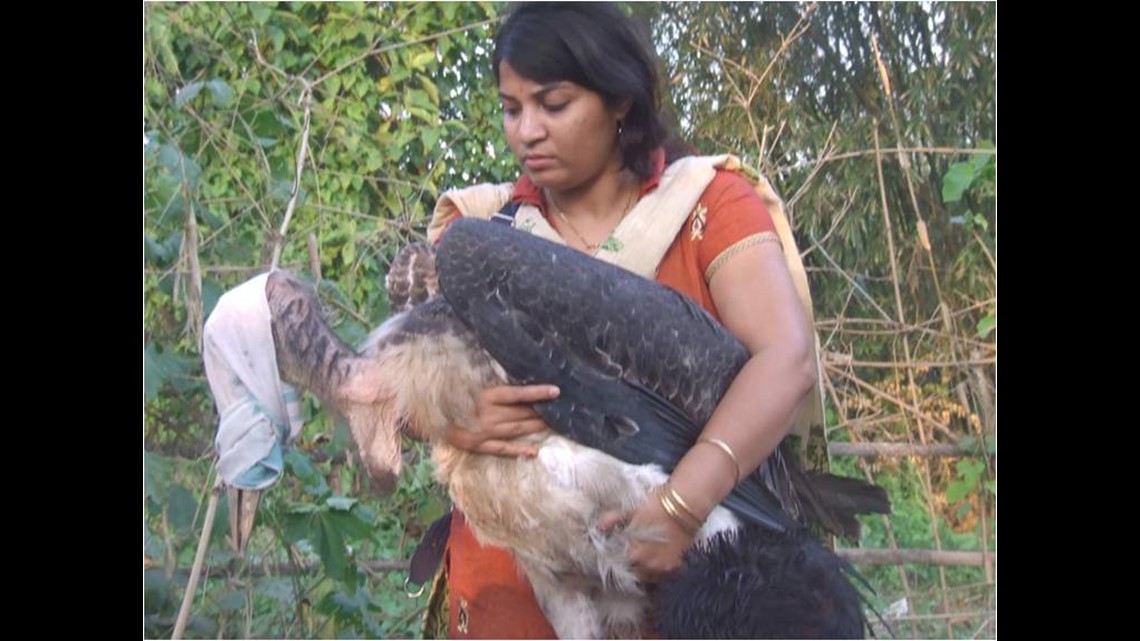
Purnima Devi Barman, Ph.D. (Aranyak) — Renowned environmentalist focused on efforts to conserve greater adjutant storks in India; credited with creating a campaign to ensure the survival of the birds and bring pride to villages that are home to the species, changing an outlook that once viewed the birds as a bad omen.


Joel Berger, Ph.D. (Wildlife Conservation Society; Colorado State University) — Distinguished scientist leading projects on pronghorn antelope migration corridors, impacts of energy development on wildlife in Greater Yellowstone, climate change on musk ox in the Alaskan Arctic, and saiga antelope conservation in Mongolia. Finalist for the 2014 and 2016 Indianapolis Prize.

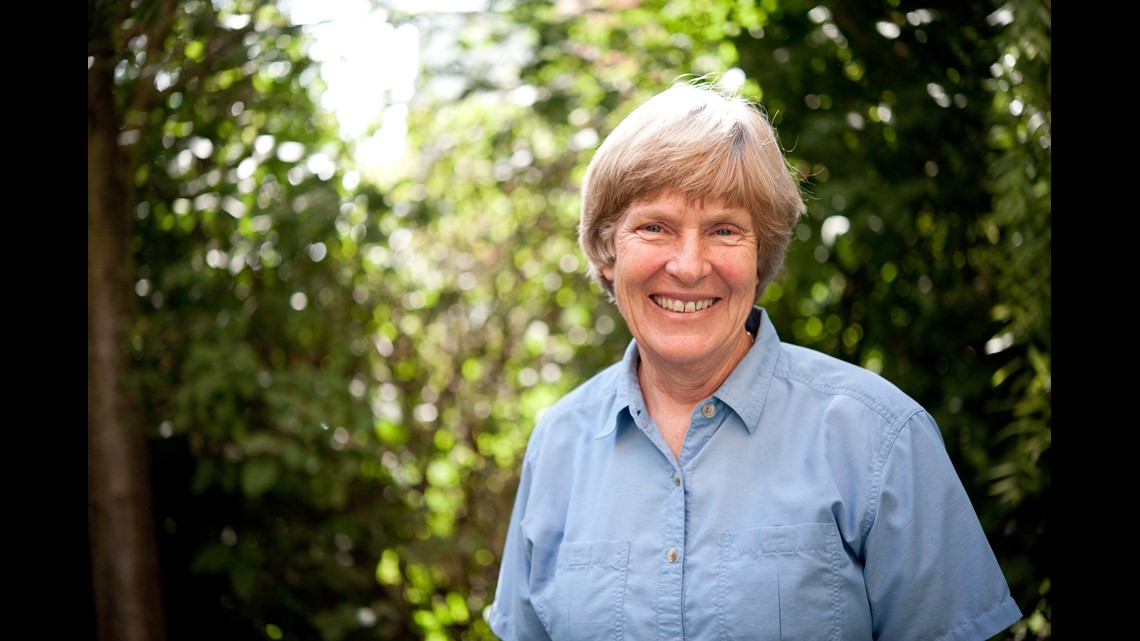
P. Dee Boersma, Ph.D. (University of Washington; Penguin Sentinels) — Conservationist dedicated to the study of global warming's impact on penguins; successful in stopping both harvesting and the development of oil tanker lanes through penguin colonies.

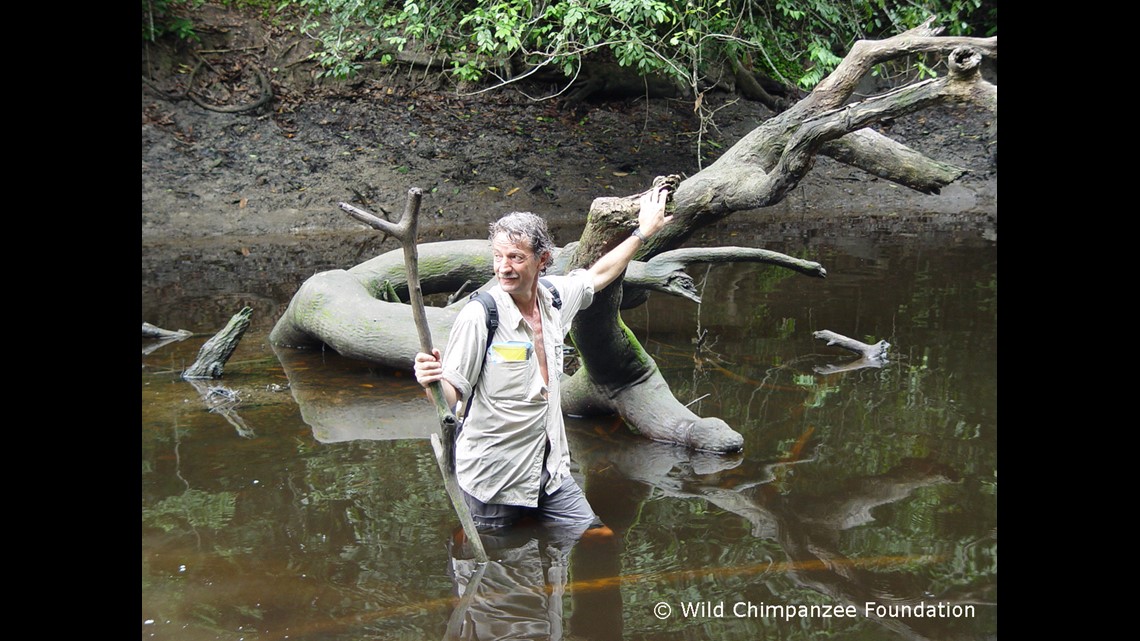
Christophe Alain Boesch, Ph.D. (Max Planck Institute of Evolutionary Anthropology; Wild Chimpanzee Foundation) — Primatologist dedicated to providing alternatives to bush meat and applying new technology to great ape conservation, decreasing strain on wild chimpanzee populations.

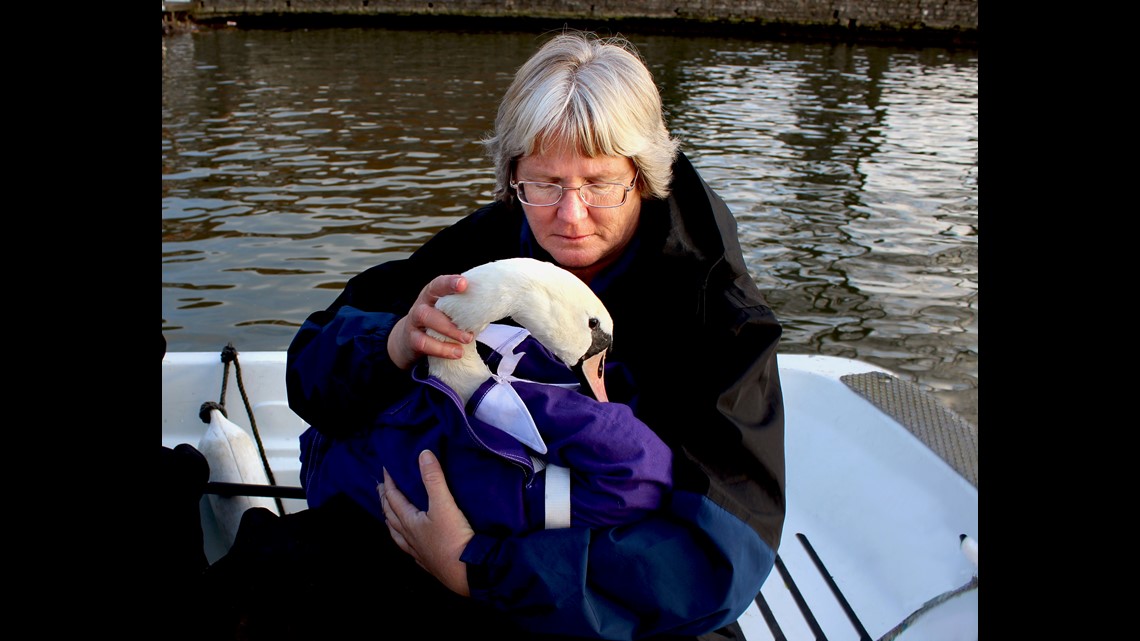
Sheila A. Bolin (The Regal Swan Foundation, Inc.) — Advocate for swans worldwide through conservation, research, veterinary medicine and education. President and CEO of the Regal Swan Foundation, Inc., author and member of IUCN’s Swan Specialist Group.

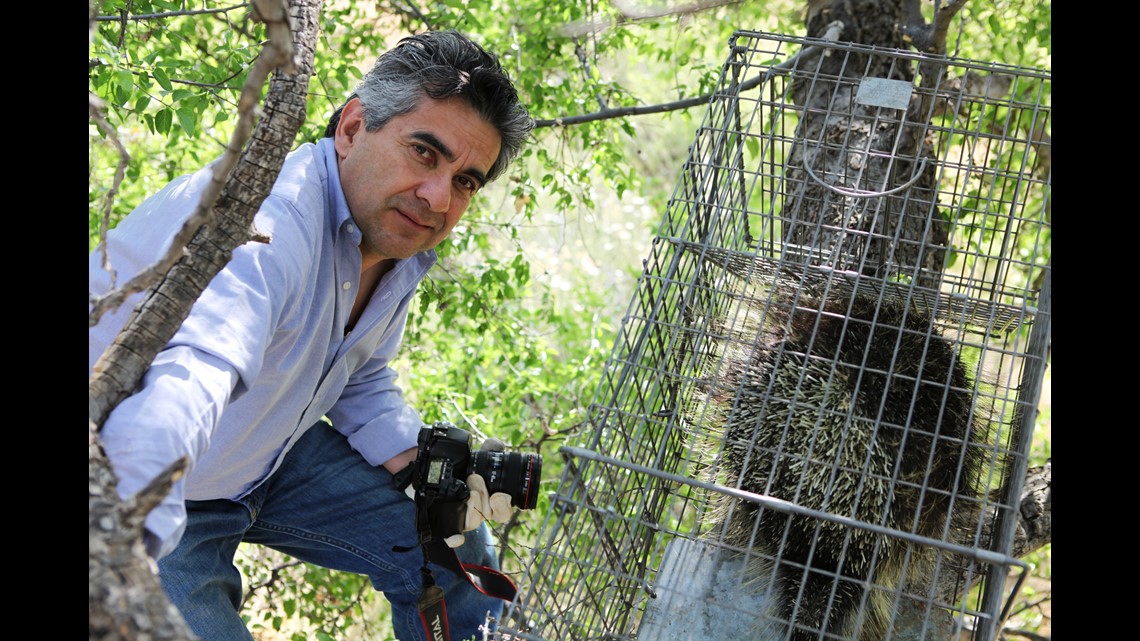
Gerardo Ceballos, Ph.D. (Institute of Ecology, National Autonomous University of Mexico) —Conducted the first jaguar census in Mexico; developed successful conservation strategies for endangered mammals in North America, including the black-footed ferret; a key proponent in the passage of the country’s Act for Endangered Species. Finalist for the 2010 and 2014 Indianapolis Prize.

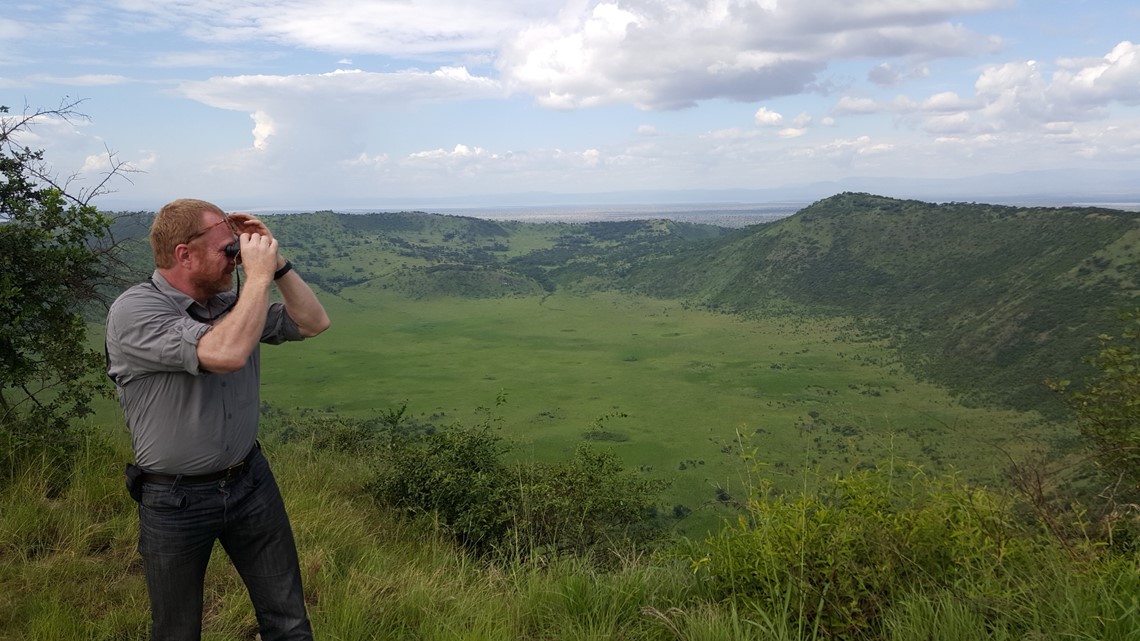
Colin Chapman, Ph.D. (McGill University) — Scientist and humanitarian who led chimpanzee field studies and established successful ecotourism sites for Uganda’s Kibale National Park; started a health and conservation clinic and mobile health clinic to address public health challenges in remote communities near the park.

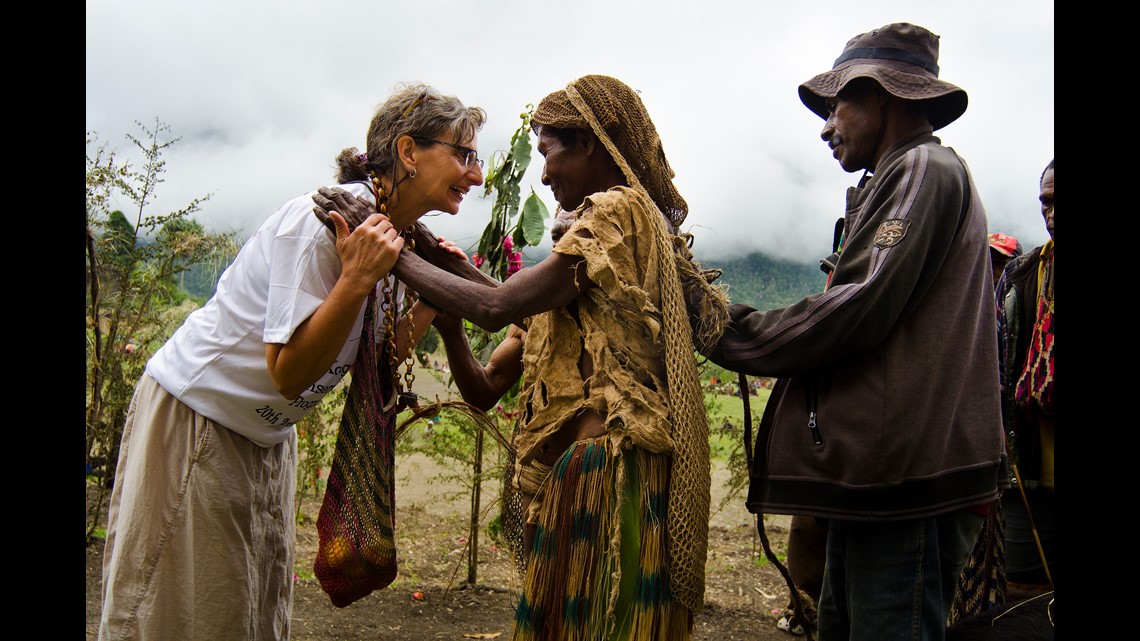
Lisa Dabek, Ph.D. (Paupa New Guinea Tree Kangaroo Conservation Program; Woodland Park Zoo) — Founder of the Tree Kangaroo Conservation Program; responsible for the first Conservation Area in Papua New Guinea; used Crittercam© technology for the first time on arboreal mammals, allowing scientists to record animal behavior through mounted video cameras and transmitters.

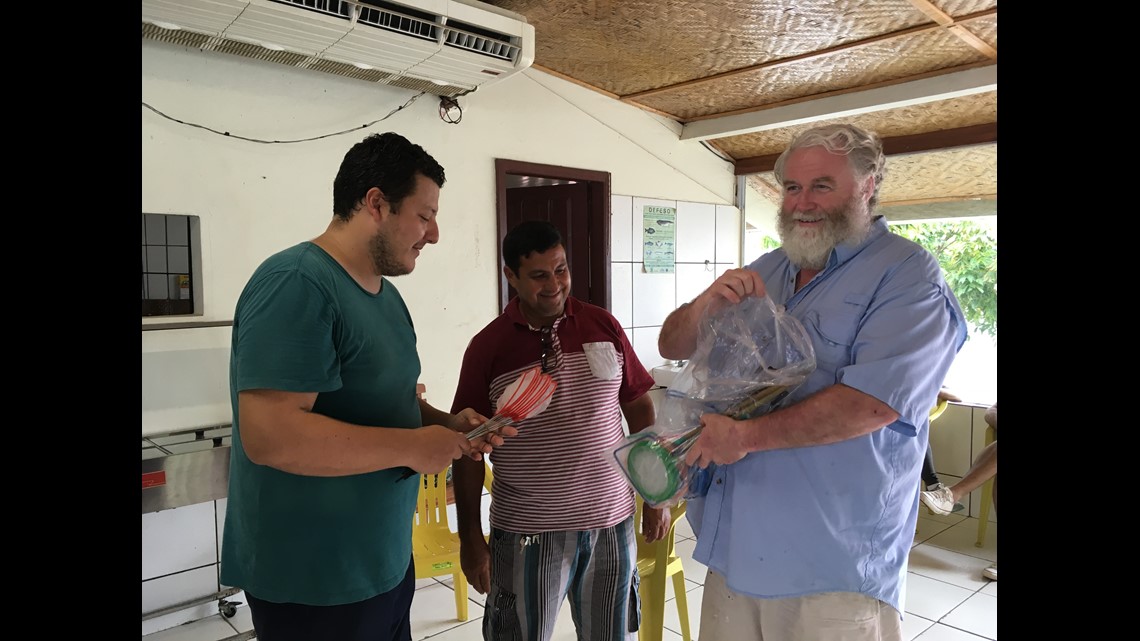
Scott Dowd (New England Aquarium, Project Piaba) — Field biologist whose research on Amazon fisheries formed the basis for sound fisheries management, sustainability and benefits to rural communities. Co-founder of Project Piaba, an NGO supporting field work with the Brazilian government with the goal of socioeconomic and environmental impact.

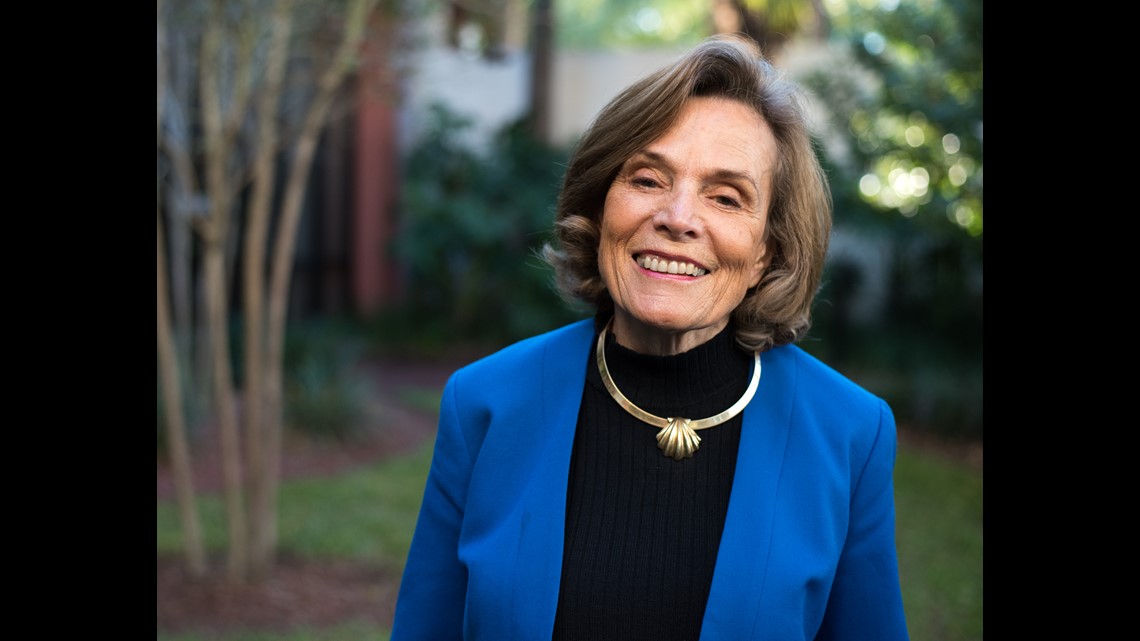
Sylvia Earle, Ph.D. (Deep Ocean Exploration and Research; Mission Blue; SEAlliance) — Oceanographer, author and founder of Deep Ocean Exploration and Research, Inc., Mission Blue and SEAlliance. Focused on researching ocean ecosystems, developing new exploration technologies and creating a global network of marine protected areas. Led more than 100 expeditions and logged more than 7,000 hours underwater.

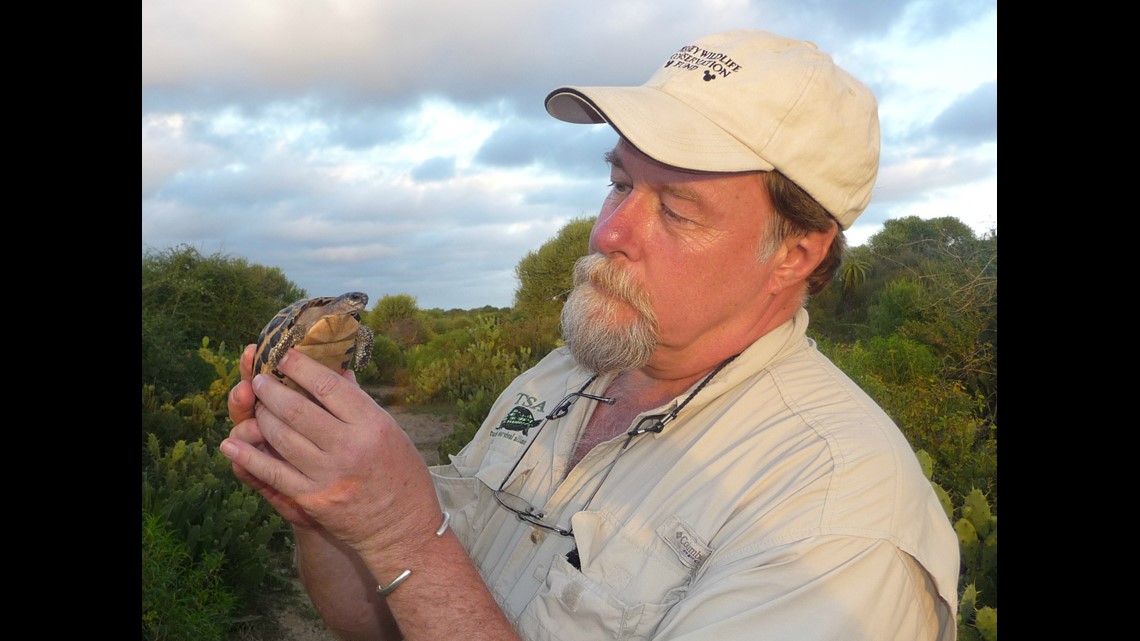
Rick Hudson (Turtle Survival Alliance) — Dedicated advocate for reptile conservation, including groundbreaking work with the Jamaican iguana and the coordination of the largest turtle rescue event in history, seizing more than 7,000 Asian turtles and tortoises in Hong Kong.


Rodney Jackson, Ph.D. (Snow Leopard Conservancy) — Conducted in-depth radio-tracking studies of snow leopards since the 1980s; dedicated to building local communities' capacity as key players in conserving the species. Finalist for the 2008, 2010, 2012 and 2016 Indianapolis Prize.

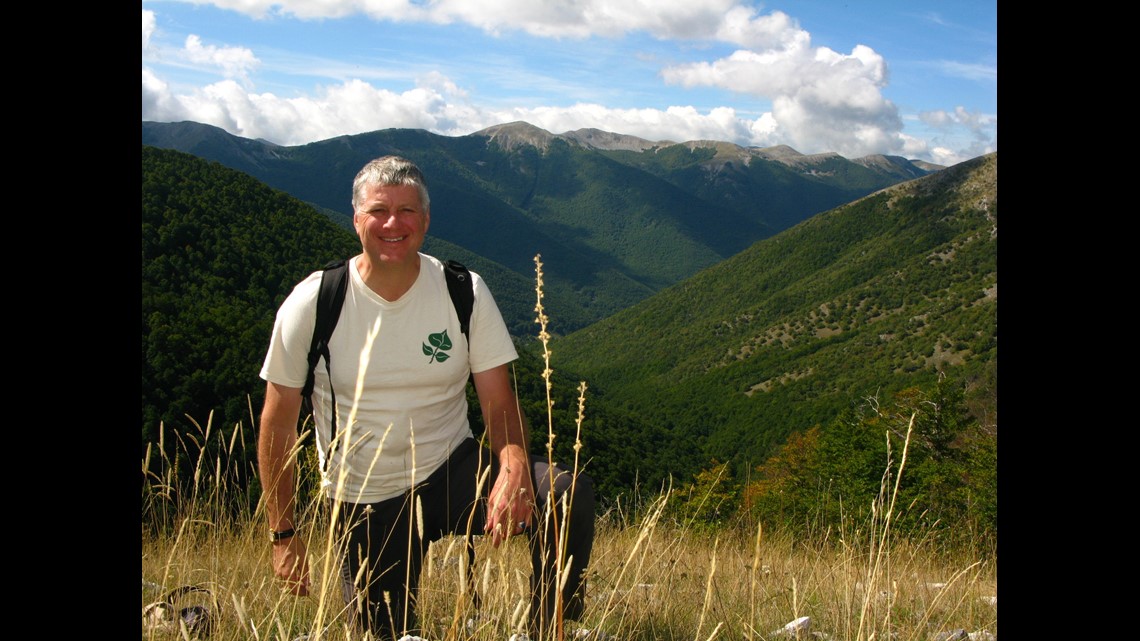
Harvey Locke (Harvey Locke Consulting) — Recognized for his work in Canada’s national park creation and management and conservation of large landscapes; photographer, writer and co-founder to both the Yellowstone to Yukon Conservation Initiative and Nature Needs Half movement.

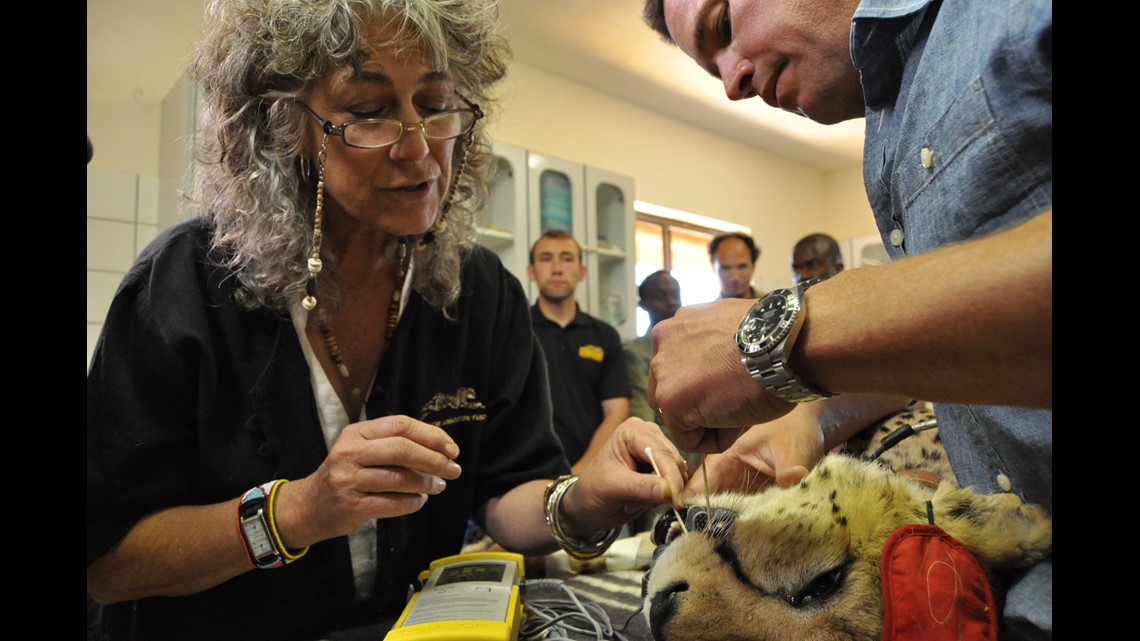
Laurie Marker, Ph.D. (Cheetah Conservation Fund) — Founded the Cheetah Conservation Fund, leading a conservation program from humble beginnings in rural Namibia to an unparalleled model for predator conservation. 35 years of genetic, biomedical, reproductive and behavioral research has produced an integrated approach to both captive and wild cheetah programs, including raising Kangal livestock guardian dogs. Finalist for the 2008 and 2010 Indianapolis Prize.
Deborah Martyr (Fauna & Flora International) — A journalist by training and key player in establishing the first Tiger Protection and Conservation Units in Asia. Identified practical training to uncover active and emergent wildlife crime and needs for government officers and local NGOs to reduce threats to their habitat.

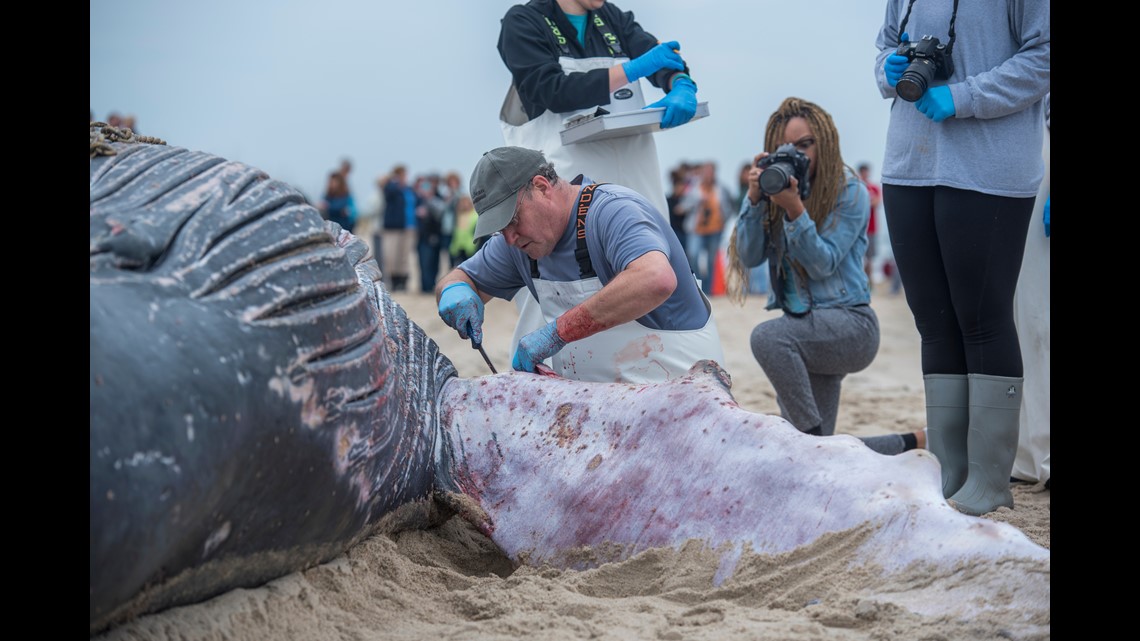
William McLellan (University of North Carolina Wilmington) — Cetacean necropsy expert who has consulted on and responded to whale and marine mortality events worldwide. Worked to develop formal post-mortem protocols that led directly to the implementation of US federal regulations to reduce speed for large vessels entering and leaving ports to avoid fatal collisions with right whales.

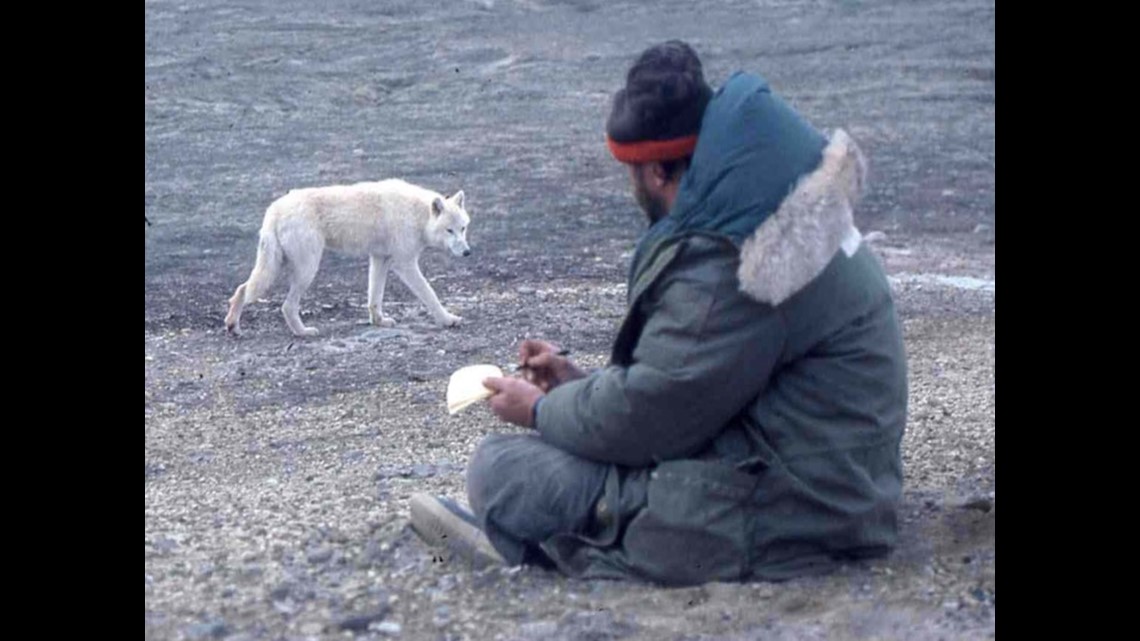
David Mech, Ph.D. (US Geological Survey; University of Minnesota) — Leading authority on the wolf; supports wolf recovery and ecological management in many countries throughout the world by radio-telemetry, physiological assessment, sampling and genetic analysis. Finalist for the 2006 Indianapolis Prize.

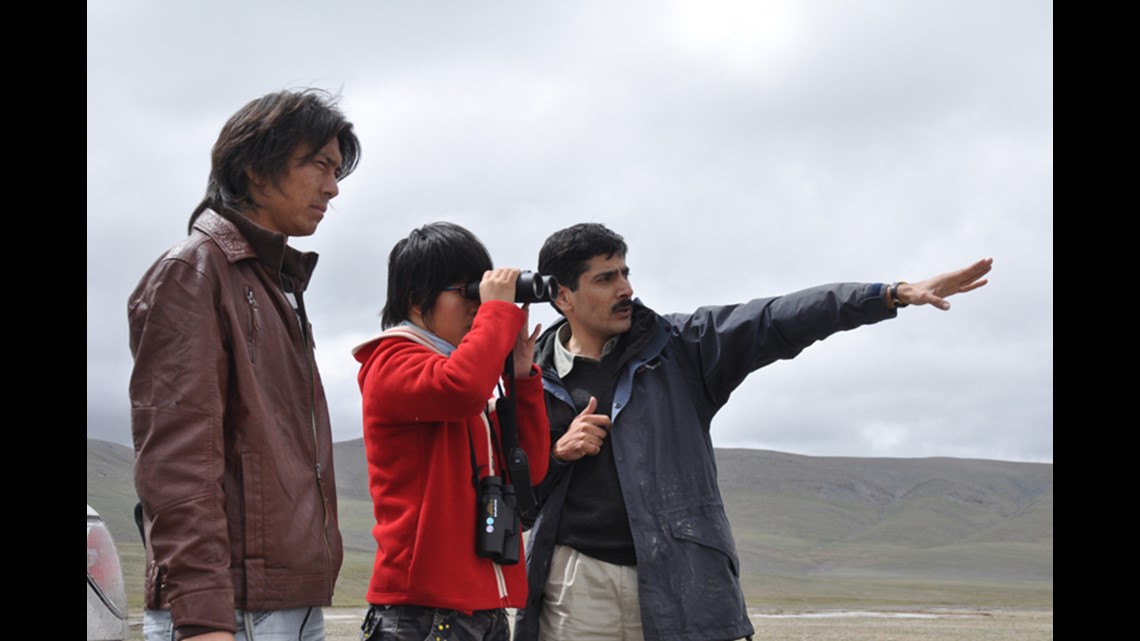
Charudutt Mishra, Ph.D. (Snow Leopard Trust) — Conservation biologist working to protect threatened species and habitats throughout Central Asia, with a focus on the charismatic and endangered snow leopard. Assisted with the launch of Project Snow Leopard, a national Indian government policy; helped establish snow leopard NGOs and national park anti-poaching programs.

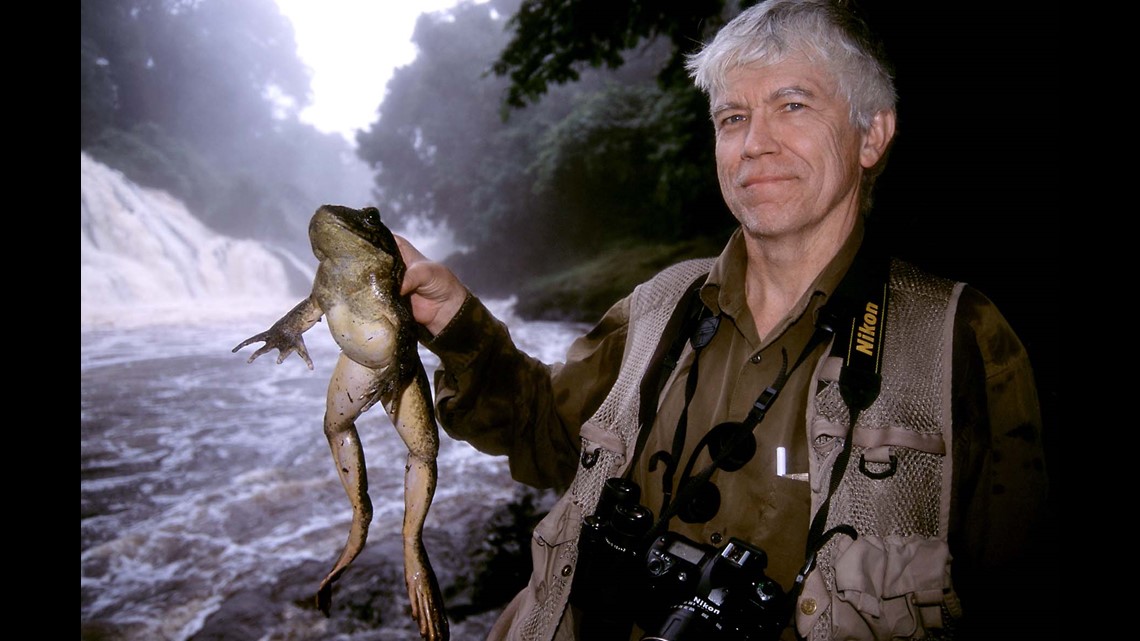
Russell Mittermeier, Ph.D. (Conservation International) — Visionary leader able to motivate every level of conservation to support the greater good of many species, including saki monkeys and other neotropical primates; one of the first academic primatologists to become concerned with the welfare and conservation of primates. Finalist for the 2012 and 2014 Indianapolis Prize.

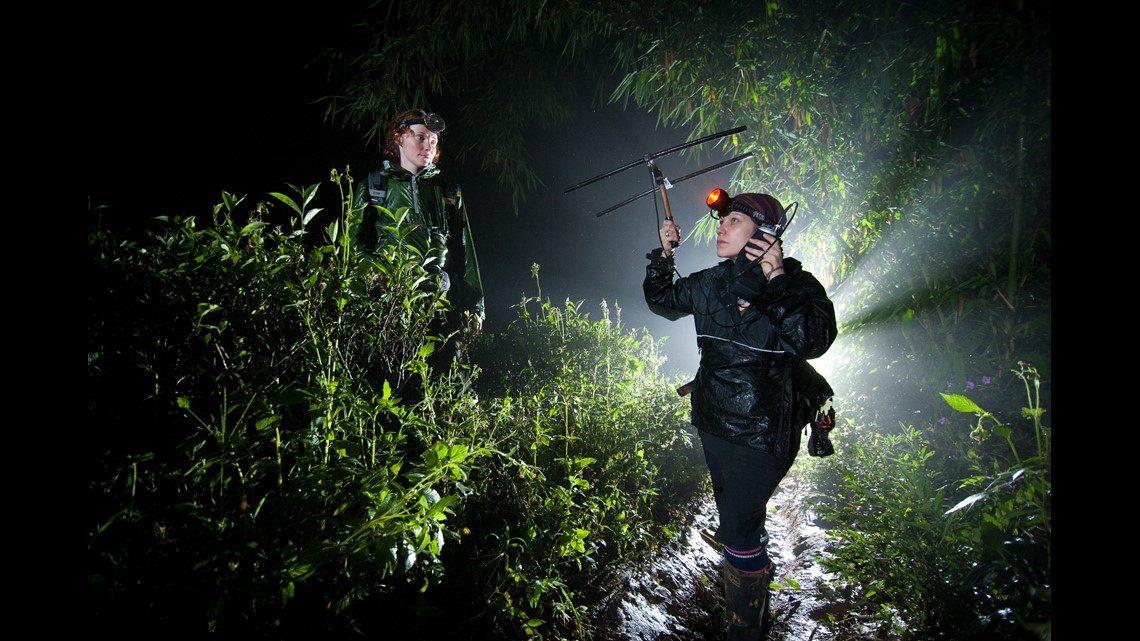
Anna Nekaris, Ph.D. (Oxford Brookes University; Little Fireface Project) — Headed studies on the ecology and range of the slow loris (nocturnal primates) as director of the Little Fireface Project; conducted surveys, radio tracking, and ecotourism and reforestation efforts for gibbons, orangutans, macaques, langurs and small carnivores.

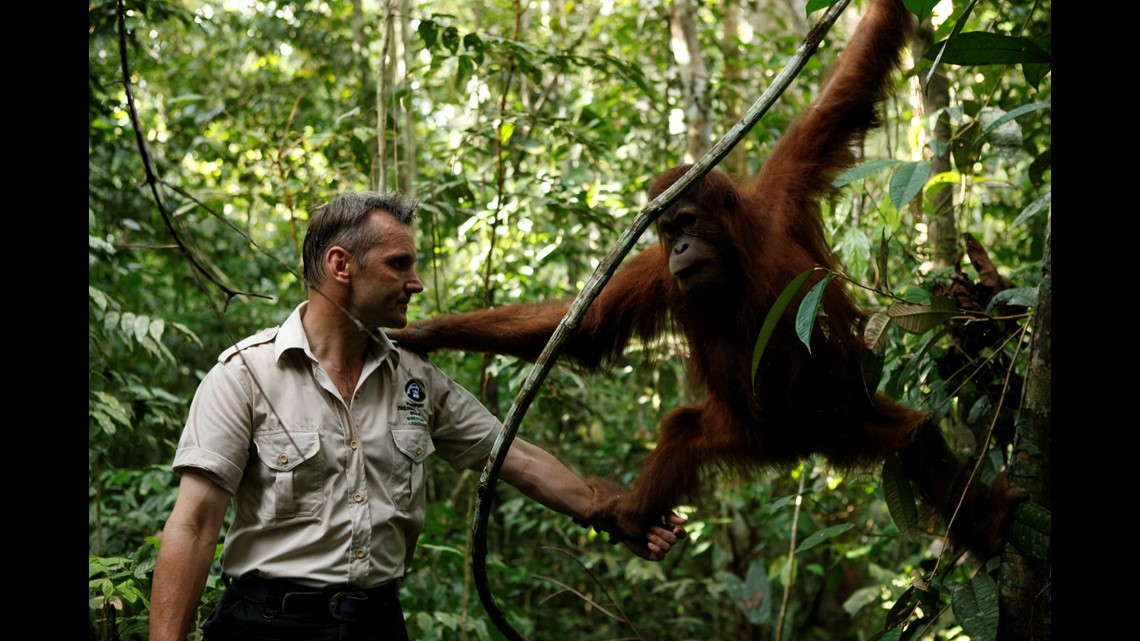
Peter Pratje, Ph.D. (Frankfurt Zoological Society) — Conservationist focused on protecting Sumatran orangutans; led the building of a rehabilitation complex in the Bukit Tigapuluh Landscape and implemented guidelines for rehabilitation and reintroduction, including the first release of a zoo-born orangutan.

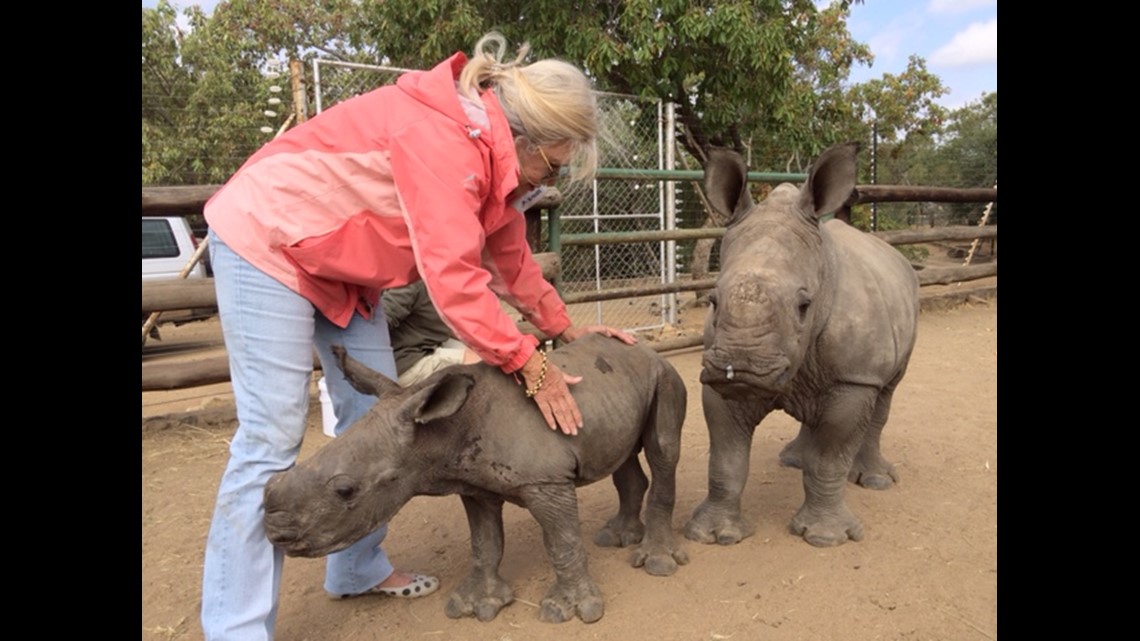
Lente Lidia Roode (Hoedspruit Endangered Species Centre) — Established the Hoedspruit Endangered Species Centre, a nonprofit organization that provides a safe haven for orphaned and sick animals, complete with an education center, rescue unit and breeding program.


Carl Safina, Ph.D. (The Safina Center) — Brought ocean conservation into the environmental mainstream by using science, art and literature to inspire a "sea ethic." Established a sustainable seafood program, connecting science-based criteria with consumers; led efforts to ban high-seas drift nets and reform federal fisheries laws. Finalist for the 2010, 2014 and 2016 Indianapolis Prize.

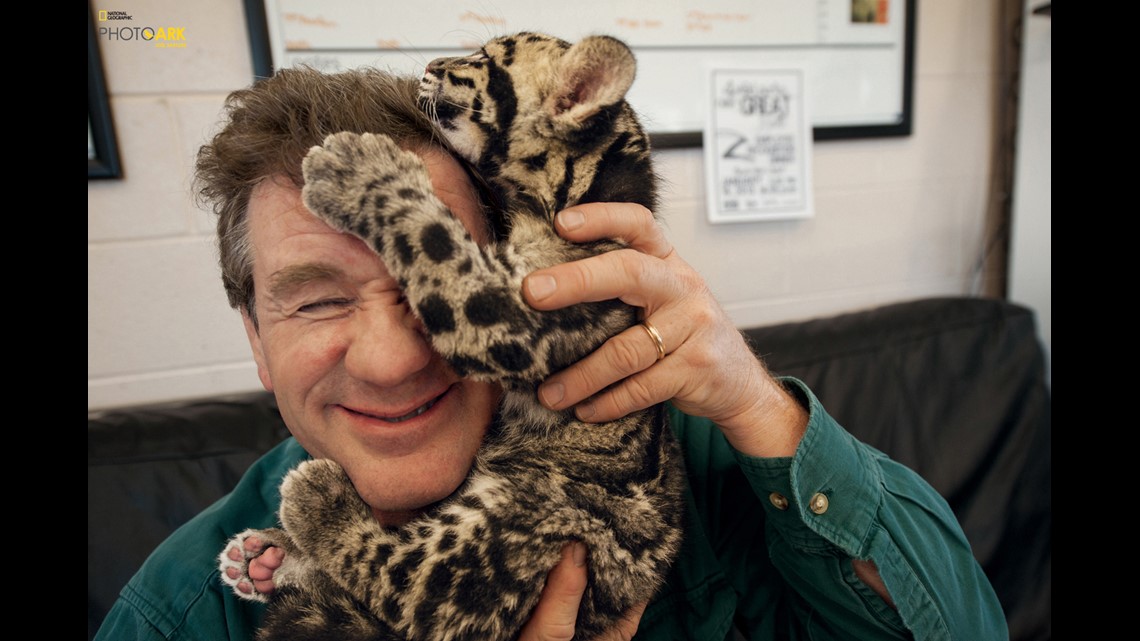
Joel Sartore (National Geographic Photo Ark) — Renowned photojournalist with mission to give vanishing species and habitats a voice before they're gone forever; founder of the National Geographic Photo Ark and co-founder of The Grassland Foundation.
Claudio Sillero, Ph.D. (Ethiopian Wolf Conservation Program) — Founder and executive director of the Ethiopian Wolf Conservation Programme, keeping watch over Africa's rarest and most endangered carnivore. Trialed first intervention methods and rabies vaccinations for at-risk populations.


Ian Singleton, Ph.D. (Sumatran Orangutan Conservation Programme; PanEco-YEL) — Responsible for groundbreaking ecological field studies on Sumatran orangutans; As principal conservation advisor for PanEco Foundation, led conservation activities for NGOs, including the Sumatran Orangutan Conservation Programme, focused on habitat and species protection, education, law enforcement, rehabilitation and reintroduction.

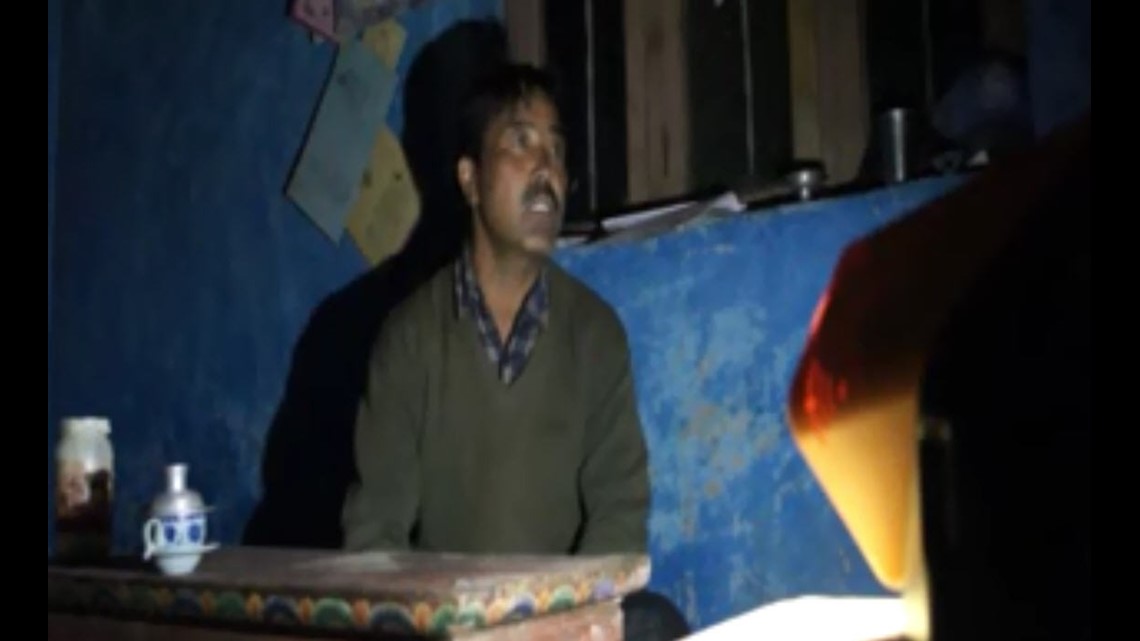
Jigmet Takpa (Government of Jammu and Kashmir, India; Department of Wildlife Protection) — Focused on evidence-based landscape-level conservation programs in Ladakh northern India, resulting in population recovery of snow leopard, Tibetan argali, gazelle and antelope, lynx, Pallas’ cat, Tibetan and black-necked crane; introduced projects and technologies for local communities to regard wildlife as assets rather than threats.

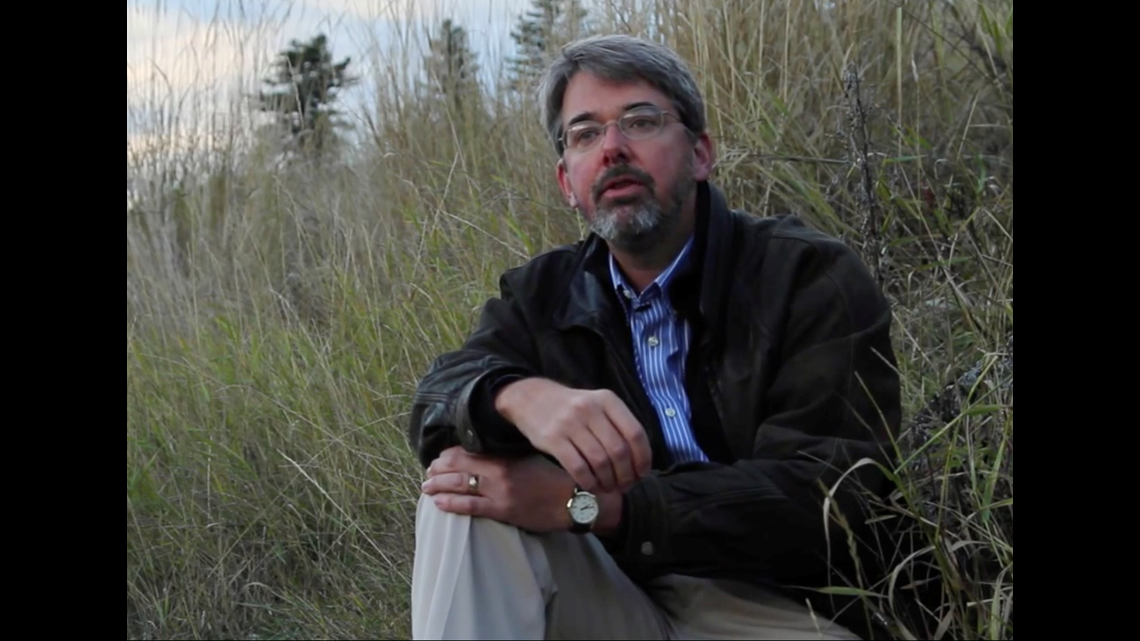
Adrian Treves, Ph.D. (Nelson Institute for Environmental Studies; Carnivore Coexistence Lab) — Founder of the Carnivore Coexistence Lab where research focuses on the balance between human need and wildlife conservation, measuring behavior of problem carnivores using predictive models and human response to conflicts.

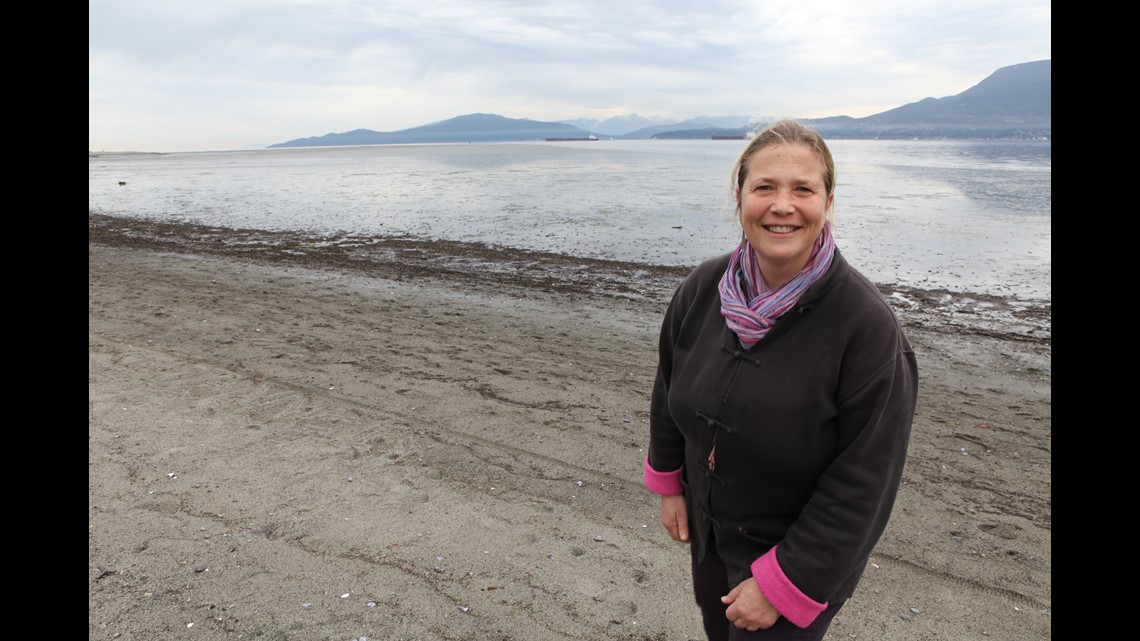
Amanda Vincent, Ph.D. (Project Seahorse) — First person to study seahorses underwater, document extensive trade and initiate a seahorse conservation project, Project Seahorse. Finalist for the 2010 and 2016 Indianapolis Prize.

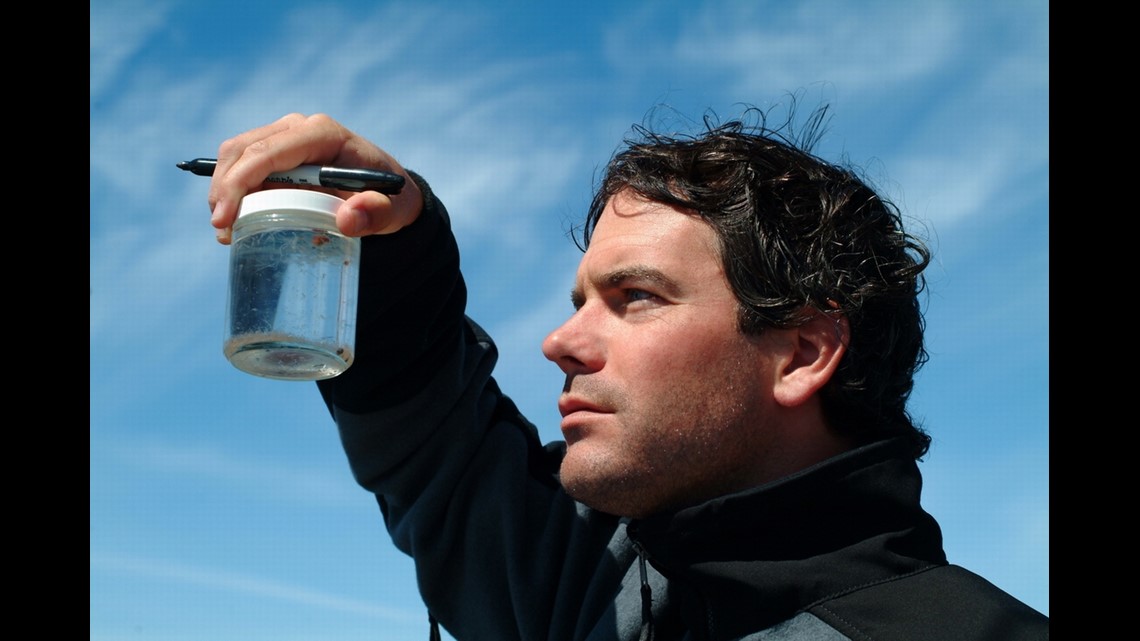
Rob Williams (Oceans Initiative) — Ocean conservationist whose instrumental work convinced policymakers that a whale’s habitat is acoustic; provided evidence that protecting marine species requires reducing ocean noise by slowing ships, improving whalewatching guidelines and creating quieter marine protected areas.

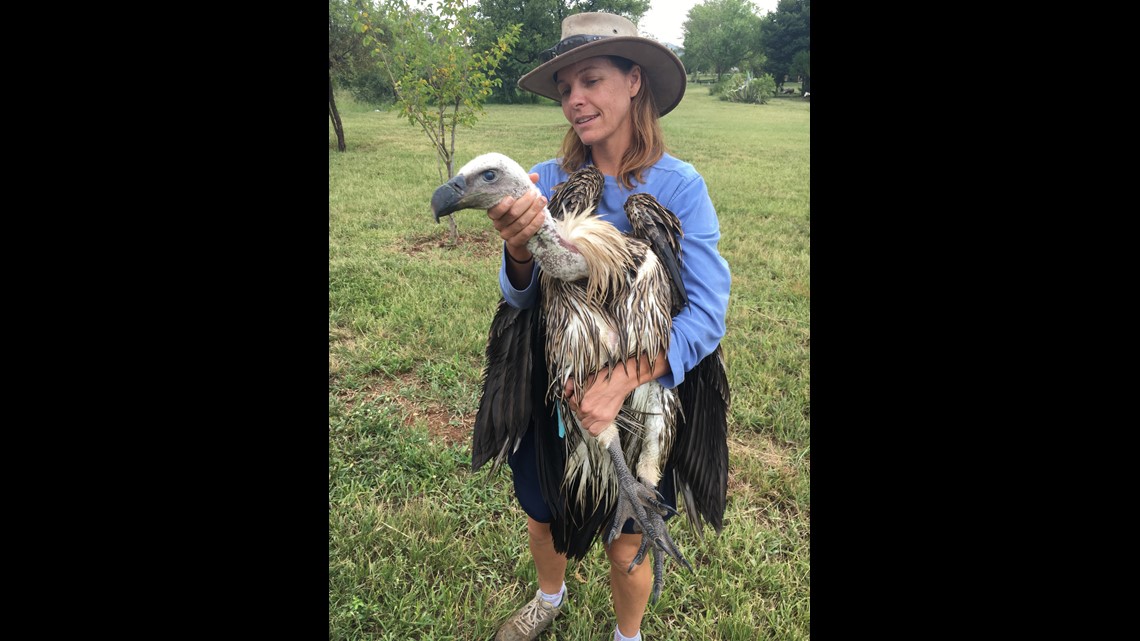
Kerri Wolter (VulPro) — Founder and CEO of VulPro; managed vulture research on disease and nutrition, facilitated breeding census across colonies and coordinated wild captures for tagging; managed rehabilitation and captive breeding center with more than 150 non-releasable birds.


